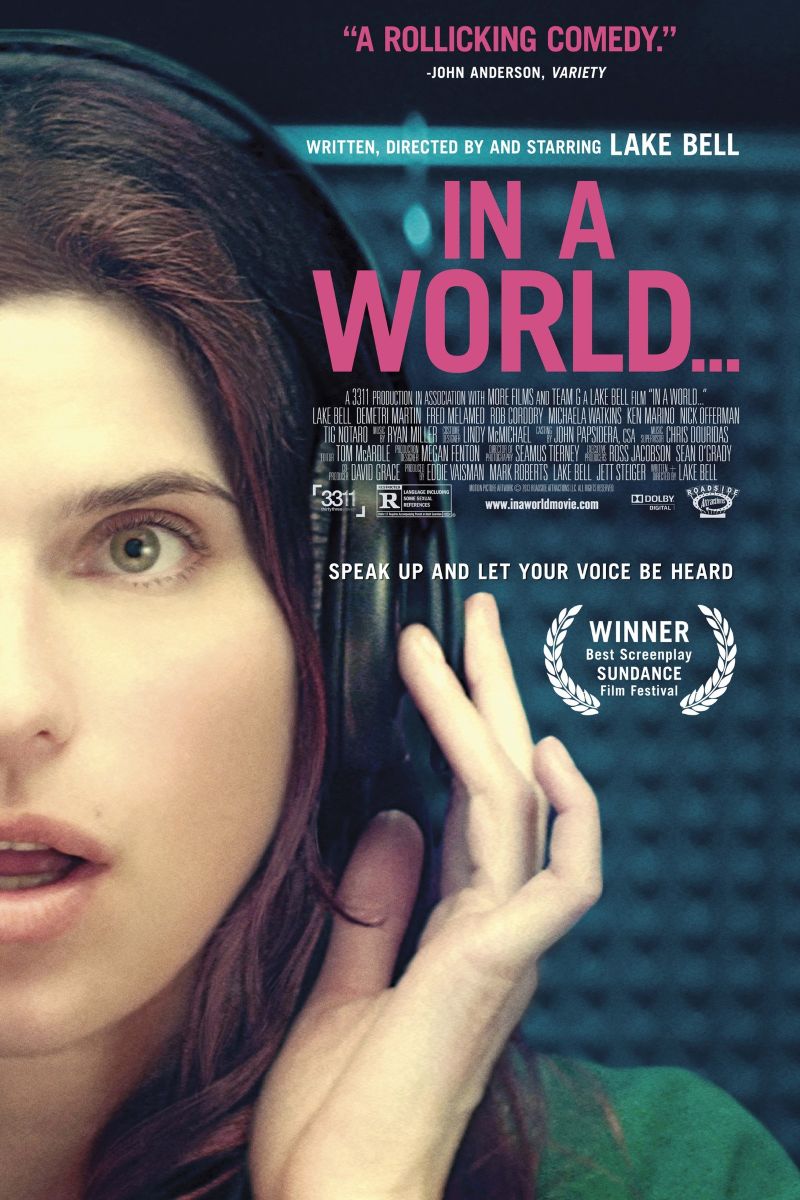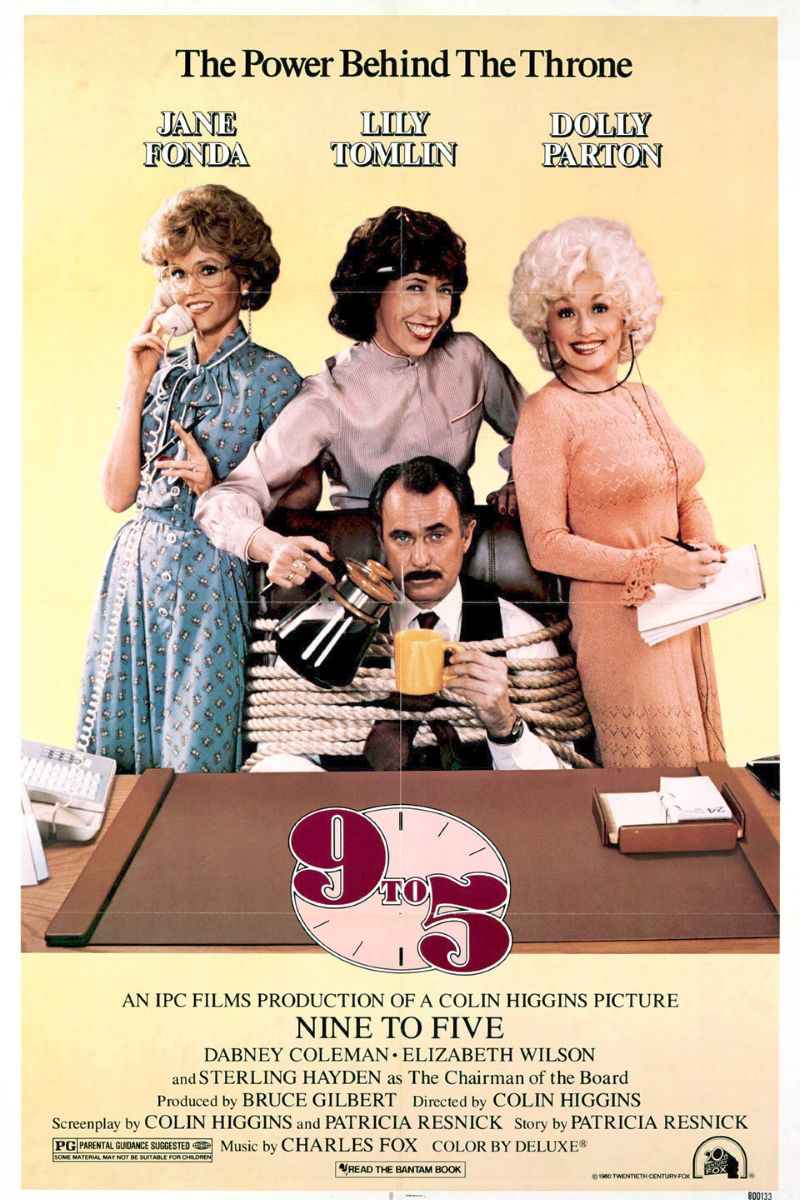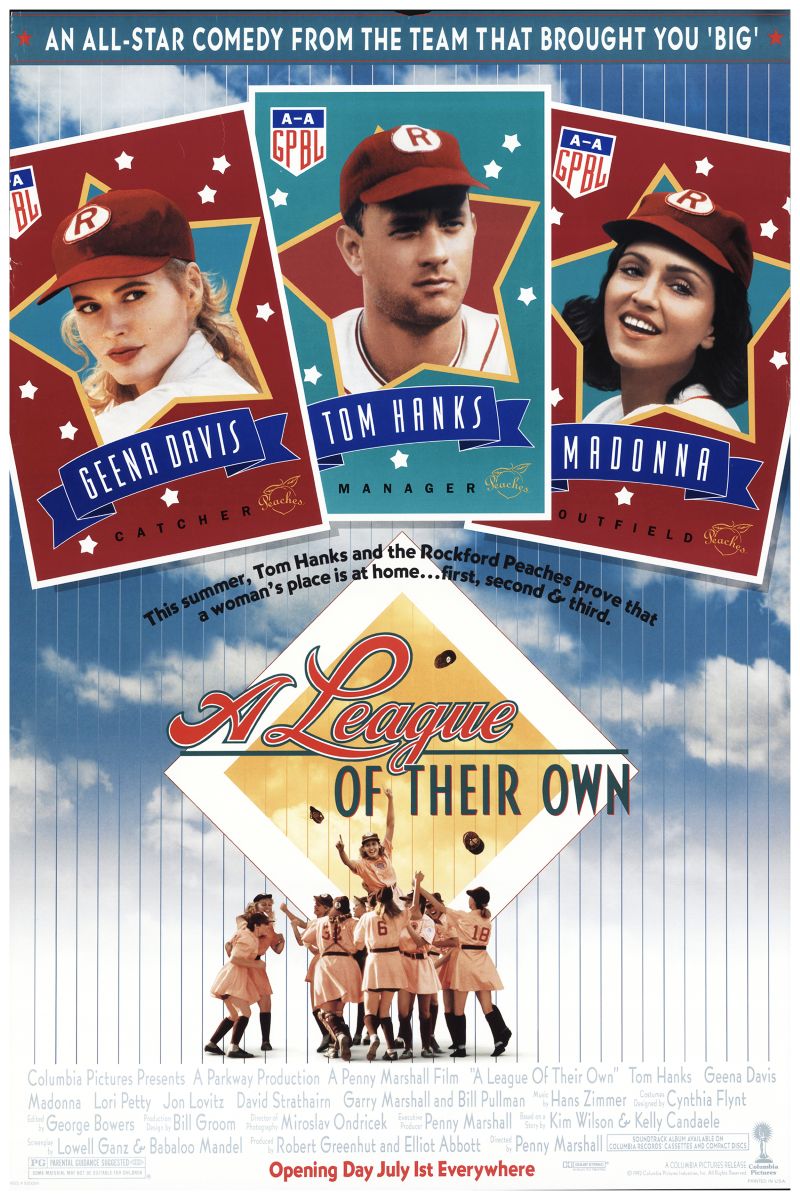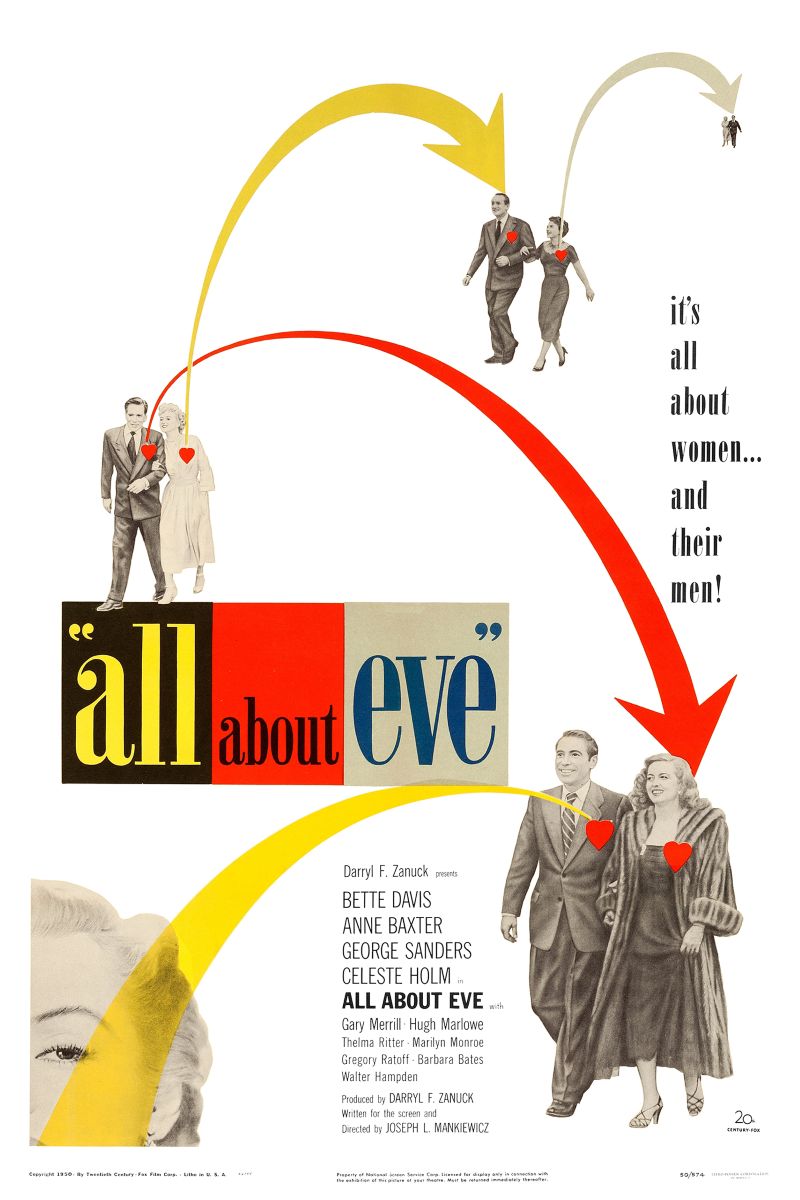
In a World...
In a World...
Written, directed, produced, and starred in by Lake Bell, In a World... charts the efforts of a talented vocal coach with a husky cadence to break into the male-dominated world of movie trailer voice-overs.
Cast
Related Topics
🎥 Film Analysis & Review
Lake Bell’s “In a World…” stands as a sharp and incisive examination of gender dynamics within the entertainment industry, using the seemingly niche world of movie trailer voice-overs as a lens through which to explore broader issues of workplace equality, female ambition, and the systemic barriers that prevent women from accessing male-dominated professional spaces. This 2013 debut feature demonstrates how feminist cinema can address serious issues of gender discrimination while maintaining comedic accessibility, creating a work that functions simultaneously as industry satire and cultural commentary on how women’s voices are literally and figuratively marginalized in professional contexts. Through its protagonist Carol Solomon’s journey from undervalued vocal coach to competing voice-over artist, the film reveals how breaking into exclusive male territories requires not just talent and determination but also the willingness to challenge entrenched systems of privilege and exclusion.
Breaking the Sound Barrier: Voice as Metaphor for Agency
“In a World…” operates on multiple levels of metaphor, using the literal male domination of trailer voice-over work to represent the broader silencing of women’s voices in professional and creative contexts. The film’s central conceit—that movie trailers have traditionally been narrated exclusively by men with deep, authoritative voices—becomes a powerful symbol for how certain forms of cultural authority have been reserved for masculine expression while women’s voices are deemed inappropriate or insufficiently commanding for public consumption.
Carol’s distinctive husky voice, initially presented as a professional liability that prevents her from succeeding in conventional vocal coaching, becomes her greatest asset in the voice-over world precisely because it challenges assumptions about what female authority should sound like. Bell’s script demonstrates how characteristics that make women “difficult” or “unmarketable” in traditional contexts can become sources of power and distinctiveness when applied to challenging established norms.
The film’s exploration of voice extends beyond the literal to examine how women’s perspectives, opinions, and creative contributions are systematically undervalued or ignored in male-dominated industries. Carol’s struggle to be taken seriously as a voice-over artist reflects broader patterns of how women’s professional capabilities are questioned, minimized, or attributed to factors other than skill and talent.
Industry Satire and Institutional Critique
Bell’s portrayal of the voice-over industry functions as microcosm for entertainment industry power structures that maintain male dominance through informal networks, mentorship systems, and cultural assumptions about professional competence. The film reveals how exclusive access to opportunities is maintained not through formal barriers but through social connections, industry relationships, and unstated preferences that favor masculine presentation and networking styles.
The character of Sam Sotto, the legendary voice-over artist whose retirement creates professional opportunities, represents the patriarchal gatekeeping that determines who gains access to prestigious and lucrative creative work. His preference for mentoring male protégés reflects broader patterns of how industry leaders tend to support and develop talent that resembles themselves, perpetuating cycles of exclusion that operate below the level of conscious discrimination.
The film’s treatment of recording studios, agent relationships, and client preferences demonstrates how gender bias operates through seemingly neutral professional criteria that actually encode masculine advantages. The expectation that authoritative voices must be deep and traditionally masculine reveals how technical requirements can mask cultural prejudices that systematically exclude women from certain types of work.
Family Dynamics and Professional Ambition
Carol’s relationship with her father Sam Sotto provides crucial emotional context for understanding how family dynamics can both support and constrain women’s professional development. Sam’s initial dismissal of Carol’s voice-over aspirations reflects broader cultural patterns where fathers may encourage their daughters’ creative interests while simultaneously doubting their commercial or professional viability in competitive industries.
The film explores how women’s professional ambitions are often viewed as secondary to family relationships or romantic partnerships, with Carol facing pressure to prioritize emotional support for others over her own career development. Her decision to pursue voice-over work despite family disapproval demonstrates the personal costs associated with challenging traditional gender expectations about appropriate female career paths.
Through Carol’s navigation of family business dynamics, the film reveals how nepotism and family connections operate differently for women than for men, with women often expected to provide support services rather than claiming leadership roles or primary creative opportunities within family enterprises.
Romantic Relationships and Professional Identity
The film’s treatment of Carol’s romantic relationships demonstrates how women’s professional advancement can be complicated by expectations about appropriate feminine behavior in dating and partnership contexts. Her growing confidence as a voice-over artist affects her romantic dynamics, suggesting that professional success can challenge traditional relationship patterns that depend on male dominance and female supportiveness.
Carol’s relationship with Louis, her married lover, initially reflects patterns of emotional availability and accommodation that limit her focus on professional development. The film shows how women’s romantic relationships can become sources of distraction from career goals, particularly when those relationships are based on providing emotional support rather than receiving mutual encouragement for professional growth.
The evolution of Carol’s dating life as she gains professional confidence demonstrates how career success can transform women’s approach to romantic relationships, enabling them to seek partnerships based on equality and mutual respect rather than traditional gender complementarity.
Sisterhood and Female Competition
“In a World…” addresses the complex dynamics between women in competitive professional environments, showing how systemic exclusion can create artificial scarcity that pits women against each other rather than encouraging collective action against discriminatory systems. Carol’s relationship with her sister-in-law Dani initially reflects tensions created when women compete for limited recognition and support within male-dominated family and professional contexts.
The film demonstrates how female solidarity can emerge when women recognize their shared experiences of marginalization and begin supporting each other’s professional development rather than viewing other women as threats to their own advancement. Carol’s mentorship of other women seeking voice-over opportunities represents a feminist approach to professional networking that prioritizes collective advancement over individual competition.
Through its portrayal of women supporting each other’s creative and professional goals, the film suggests models for female collaboration that can challenge male-dominated industry structures while building alternative networks based on mutual encouragement and shared resources.
Class and Economic Independence
The film’s attention to economic realities reveals how financial independence functions as prerequisite for challenging gender discrimination and pursuing non-traditional career paths. Carol’s economic vulnerability, living with her father and dependent on inconsistent coaching income, initially limits her ability to take risks or invest in voice-over equipment and training necessary for professional transition.
Her decision to pursue voice-over work despite economic uncertainty demonstrates how women’s career advancement often requires accepting financial risk and instability that may be more difficult for women to navigate due to fewer safety nets and support systems. The film shows how economic empowerment enables greater professional autonomy and the ability to reject compromising relationships or work arrangements.
The contrast between Carol’s initial financial dependence and her growing economic independence through voice-over success illustrates how professional achievement can provide women with resources necessary for maintaining personal autonomy and making choices based on personal values rather than economic necessity.
Cultural Commentary and Media Representation
“In a World…” functions as commentary on how media representation shapes cultural expectations about gender, authority, and professional competence. The film’s focus on movie trailers—a form of media that reaches massive audiences and shapes expectations about entertainment content—demonstrates how seemingly minor aspects of media production can have significant impact on cultural attitudes about gender and authority.
Carol’s success in voice-over work challenges audiences to recognize how rarely they hear women’s voices in positions of cultural authority, from movie trailers to commercial advertising to public announcements. The film suggests that expanding representation in these seemingly peripheral areas can have broader impact on cultural acceptance of women’s professional capabilities.
The movie’s treatment of entertainment industry power structures provides insight into how cultural products are shaped by gender dynamics that affect not just individual careers but also the messages and values communicated to mass audiences through popular media.
Performance and Directorial Achievement
Lake Bell’s triple role as writer, director, and star demonstrates the kind of creative control and artistic vision that women must often create for themselves when existing industry structures fail to provide adequate opportunities for complex female storytelling. Her performance as Carol captures the specific challenges facing women who must navigate between demonstrating competence and maintaining likeability in professional contexts that may penalize female ambition.
Bell’s direction balances comedic timing with genuine emotional depth, creating a film that entertains while addressing serious issues of gender discrimination and professional exclusion. Her script demonstrates sophisticated understanding of how gender bias operates through seemingly neutral professional criteria and social dynamics rather than overt discrimination.
The ensemble cast, featuring strong performances from Michaela Watkins, Geena Davis, and others, creates authentic portrayals of women at different stages of career development and personal empowerment, showing diverse approaches to navigating gender expectations in professional and personal contexts.
Contemporary Relevance and Industry Impact
“In a World…” arrived at a crucial moment in cultural conversations about gender representation in entertainment and media industries, anticipating broader discussions about #MeToo, equal pay, and women’s access to creative and executive positions in Hollywood. The film’s focus on behind-the-scenes aspects of entertainment production illuminated how gender discrimination operates in less visible but equally important aspects of media creation.
The movie’s success as an independent production demonstrated audience appetite for female-driven stories that address workplace gender dynamics with humor and intelligence, encouraging other filmmakers to explore similar themes and proving commercial viability for feminist content that doesn’t sacrifice entertainment value for political messaging.
Bell’s achievement in writing, directing, and starring in a successful comedy about gender dynamics in her own industry has influenced subsequent films and provided a model for how women can create opportunities for themselves while addressing broader issues of systemic inequality.
Comedy as Feminist Strategy
The film’s comedic approach to serious issues of gender discrimination demonstrates how humor can make feminist critiques accessible to broader audiences while maintaining analytical sophistication about systemic inequality. Bell’s script uses comedy to reveal absurdities in male-dominated professional culture without minimizing the real impacts of gender bias on women’s economic and creative opportunities.
The movie’s ability to generate laughter from situations of gender inequality while maintaining sympathy for female characters demonstrates sophisticated understanding of how comedy can serve feminist political purposes without becoming didactic or alienating audiences who might resist more direct forms of social critique.
Through its balance of humor and genuine emotion, “In a World…” shows how feminist filmmaking can address serious social issues while remaining entertaining and commercially viable, proving that political content and popular appeal can coexist successfully.
Legacy and Ongoing Influence
“In a World…” has continued to influence discussions about gender representation in entertainment industries and the importance of women’s creative control over their own stories. The film’s exploration of how women’s voices are literally and figuratively marginalized remains relevant as conversations continue about equal representation in media production and cultural authority.
Lake Bell’s success with the film has encouraged other women to pursue multi-hyphenate careers in entertainment, demonstrating how creative control can enable more authentic and complex portrayals of female experience while addressing systemic barriers that limit women’s professional opportunities.
The movie’s focus on seemingly peripheral aspects of entertainment production—voice-over work—has drawn attention to how gender discrimination operates throughout media industries, not just in highly visible roles but in all aspects of cultural production that shape public discourse and representation.
Conclusion: Finding Your Voice in a Male-Dominated World
“In a World…” achieves lasting impact through its demonstration that breaking barriers in male-dominated industries requires not just individual talent and determination but also willingness to challenge systems of exclusion that operate through cultural assumptions, professional networks, and economic structures that favor masculine participation. Lake Bell’s film provides both entertainment and insight into how gender discrimination functions in professional contexts while offering models for female agency, solidarity, and creative empowerment.
The movie’s greatest achievement lies in its revelation that women’s professional advancement often requires claiming space and authority that existing systems are not designed to provide, necessitating the creation of alternative networks, support systems, and opportunities that can sustain female ambition and talent development. Carol’s journey from undervalued coach to successful voice-over artist demonstrates how women can transform perceived limitations into professional advantages while building careers that challenge traditional gender expectations.
Through its combination of industry satire, personal storytelling, and feminist analysis, “In a World…” proves that cinema can address serious issues of workplace equality and gender discrimination while maintaining the humor, complexity, and entertainment value that make social critique accessible and engaging for diverse audiences seeking both entertainment and enlightenment about contemporary gender dynamics.
🏆 Awards & Recognition
- • Sundance Film Festival U.S. Dramatic Screenwriting Award
- • Independent Spirit Award Best First Screenplay nomination
- • National Board of Review Top 10 Independent Films
- • Dublin Film Critics Circle Breakthrough of the Year Award
⭐ Ratings & Links
Related Recommendations
Comments & Discussion
Discuss this video with other viewers
Join the Discussion
Discuss this video with other viewers
Loading comments...



